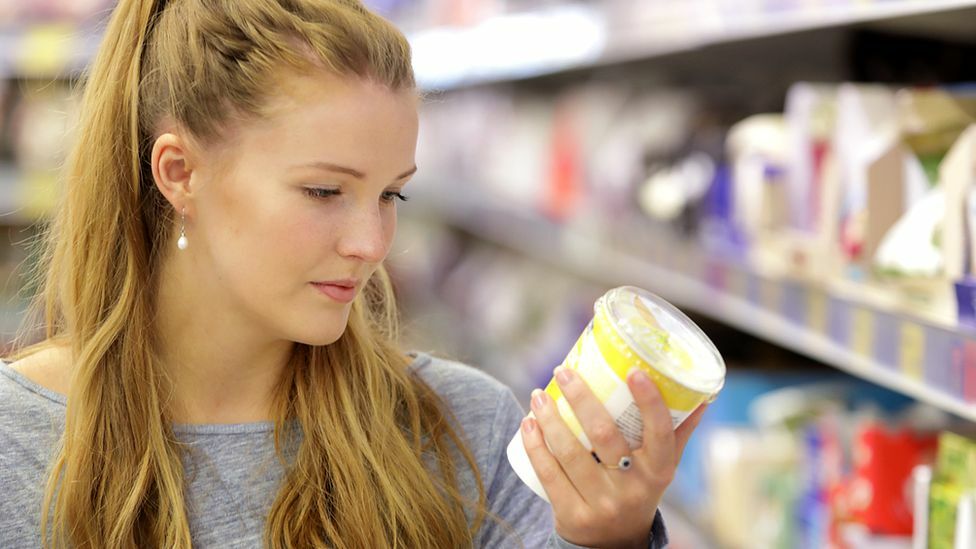UK supermarket inflation hits 9% due to coffee, chocolate, and non-food goods

Inflation at UK supermarkets reached a new peak in the year to May, driven by the rising cost of commodities such as coffee, chocolate, and non-food items.
The British Retail Consortium (BRC) and NielsenIQ reported that overall inflation at grocers climbed to 9%. Although fresh food prices have experienced a slight decrease, the government is considering asking supermarkets to cap prices on certain food products to help ease the cost of living. However, the BRC has rejected the idea of price caps, suggesting that the government should focus on reducing bureaucratic hurdles to help keep prices low.
Data from the BRC and NielsenIQ for the week of May 1-6 shows that overall food inflation decreased from 15.7% in the year to April to 15.4%. Despite the decline, this figure remains the second-highest rate of food inflation ever recorded. A decrease in the rate of price increases does not mean that food costs have dropped; rather, it indicates that prices are rising at a slower pace. In contrast, the rate of price increases for non-food items grew from 5.5% in the year to April to 5.8% in May, despite heavy discounts on products such as footwear, books, and home entertainment.
Helen Dickinson, Chief Executive of the BRC, noted that the price of chocolate and coffee increased due to the ongoing high global costs for these commodities. Last week, official figures revealed that the overall headline rate of inflation had dropped to 8.7% in April, the first time it has fallen below 10% since August. However, the decrease was less than anticipated by economists and investors, as grocery price increases remained close to the highest rate in 45 years.
Food production costs have been impacted by various factors, including rising energy costs due to increased demand following the end of Covid lockdowns and the ongoing conflict in Ukraine. Russia, a major oil and gas producer, faced sanctions, while Ukraine, one of the world’s largest grain exporters, experienced significant disruptions to shipments due to the war. Additionally, adverse weather conditions in parts of Europe and Africa affected some fresh vegetables earlier this year, leading to supermarkets imposing customer limits on sales of peppers, tomatoes, and cucumbers.
Mike Watkins, Head of Retailer and Business Insight at NielsenIQ, said…
“Food retailing in particular is competitive, so hopefully the recent price cuts in fresh foods is a sign that inflation has now peaked, albeit ambient inflation may take a little while longer to slow.”
Latest Thailand News
Follow The Thaiger on Google News:


























